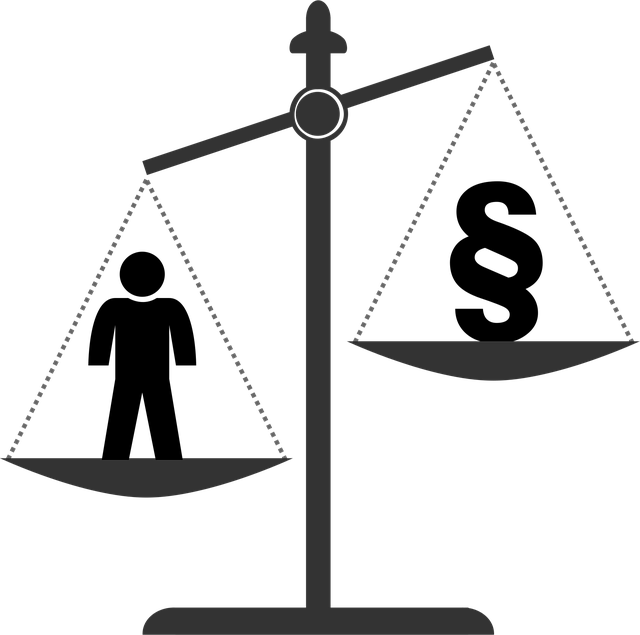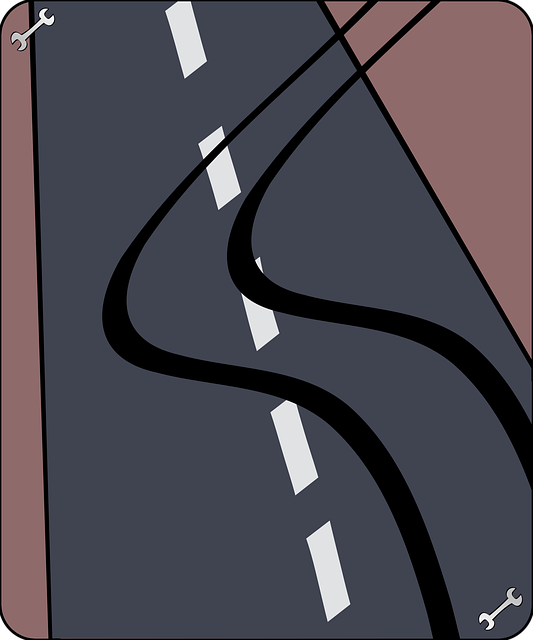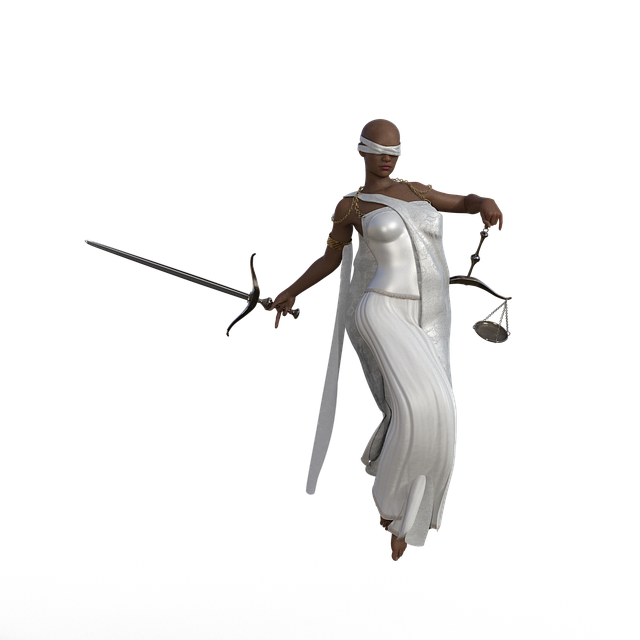Slip and fall incidents in stores are a shared concern, driven by factors like wet floors, poor lighting, and inadequate maintenance. Business owners are legally obligated to maintain safety through cleaning, debris removal, and hazard signage. Shoppers should exercise caution and report unsafe conditions. Understanding store slip and fall causes is crucial for legal action, with liability determined by negligence in maintaining a safe environment. Victims may consult with an attorney to seek compensation through store slip and fall lawsuits.
Who’s Responsible in a Store Slip and Fall Injury?
Store slip and fall incidents are common, but determining liability can be complex. Understanding these accidents and knowing your rights is essential. This article navigates the intricate world of store slip and fall injuries, shedding light on who’s responsible. From identifying the root causes to exploring legal options, we’ll guide you through the process, ensuring you’re informed in the event of an unforeseen fall within a retail space.
- Understanding Store Slip and Fall Incidents
- Determining Liability: Who's Responsible?
- Legal Recourse for Injuries Sustained
Understanding Store Slip and Fall Incidents
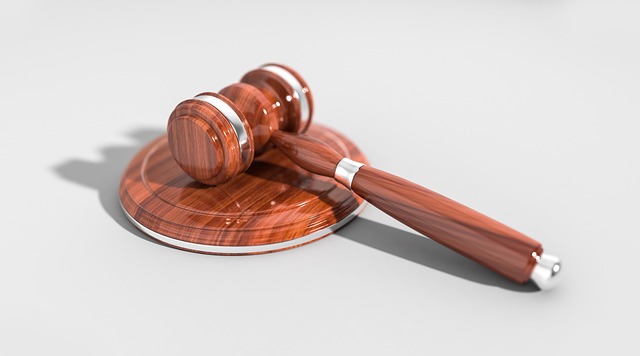
Slip and fall incidents in stores are a common concern for both consumers and business owners. Understanding these accidents is crucial to determining liability. Store slip and falls can occur due to various reasons, such as wet or uneven surfaces, inadequate lighting, or poor maintenance of facilities. In many cases, it’s not immediately clear who bears responsibility.
Business owners have a duty of care to ensure their premises are safe for customers. This includes regular cleaning, prompt removal of debris, and proper signage for potential hazards. However, consumers also play a role in preventing these incidents by exercising caution, avoiding distractions while shopping, and reporting any unsafe conditions they encounter. Knowing the factors contributing to store slip and falls is essential when considering legal actions, such as consulting with a car accident lawyer Orlando or addressing nursing home abuse and medical malpractice cases.
Determining Liability: Who's Responsible?
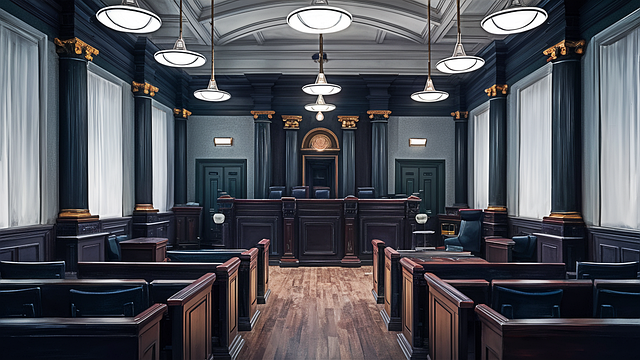
When it comes to determining liability in a store slip and fall injury, several factors come into play. The primary consideration is whether the property owner or manager was negligent in maintaining a safe environment. This includes regular cleaning and removal of any hazardous conditions, such as spilled liquids or loose flooring. If the store had actual knowledge of a dangerous situation and failed to rectify it within a reasonable time frame, they can be held accountable for resulting injuries.
Moreover, legal responsibility may extend to third parties involved in product placement or maintenance. For instance, if a display item was improperly set up, causing someone to trip and fall, the retailer or supplier could be deemed liable. A personal injury consultation with an experienced attorney is often crucial to navigate these complexities. In cases where negligence leads to severe injuries or even wrongful death due to a store slip and fall, victims may have grounds to seek compensation through legal channels.
Legal Recourse for Injuries Sustained
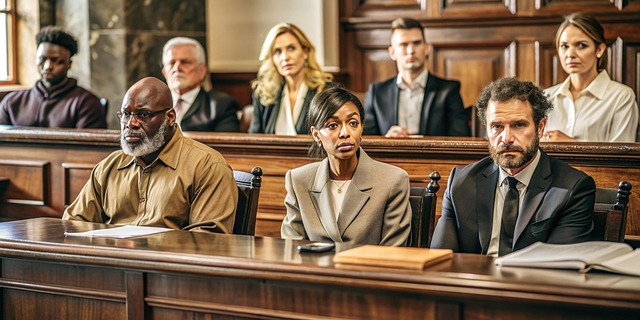
When a store slip and fall incident results in an injury, understanding your legal options is crucial. In many cases, individuals who suffer injuries in such incidents may have grounds to pursue compensation through a store slip and fall lawsuit. This process involves holding the responsible party accountable for their negligence or lack of maintenance, which could include the store owner, property manager, or even a product liability claim if a defective item caused the accident.
If you’ve been harmed due to someone else’s negligence, it’s advisable to consult with a competent motor vehicle accident attorney or legal professional experienced in personal injury cases, especially in complex scenarios like Orlando truck accidents. They can guide you through the process, ensuring you receive fair compensation for your injuries and medical expenses.
A store slip and fall injury can have significant consequences, but understanding liability is key. When it comes to determining who’s responsible, businesses have a duty of care to maintain safe premises, while patrons are expected to exercise reasonable caution. In cases of negligence or inadequate maintenance, legal recourse may be available for the injured party. By recognizing the factors involved and knowing one’s rights, individuals can navigate the complexities of store slip and fall incidents effectively.
